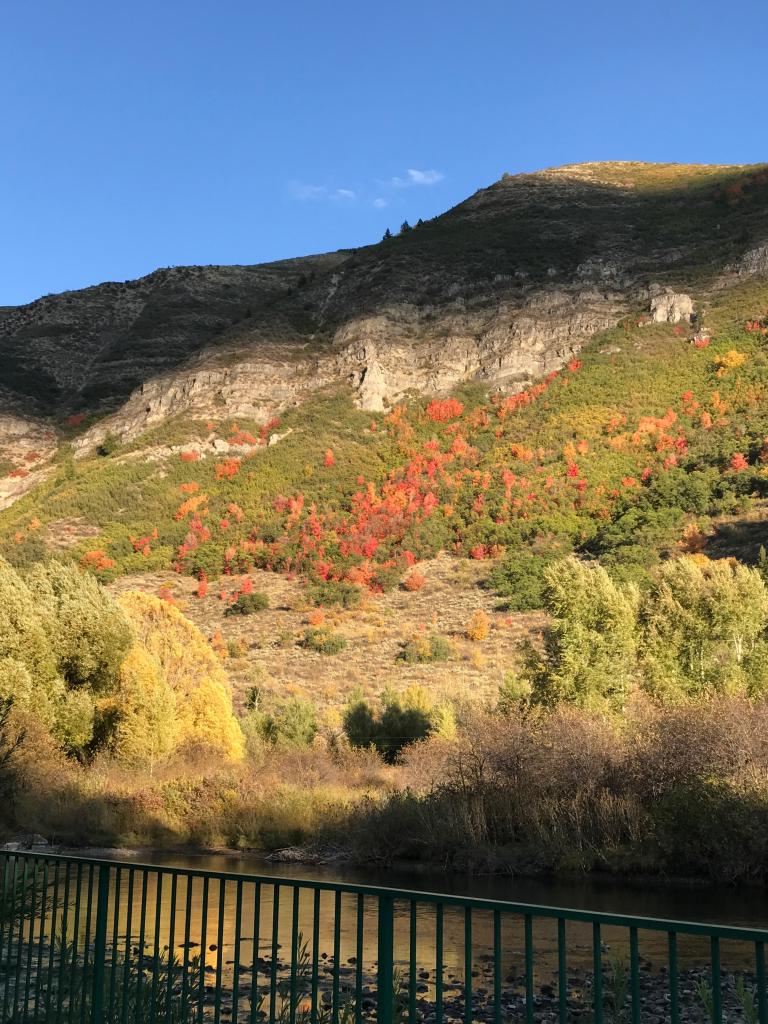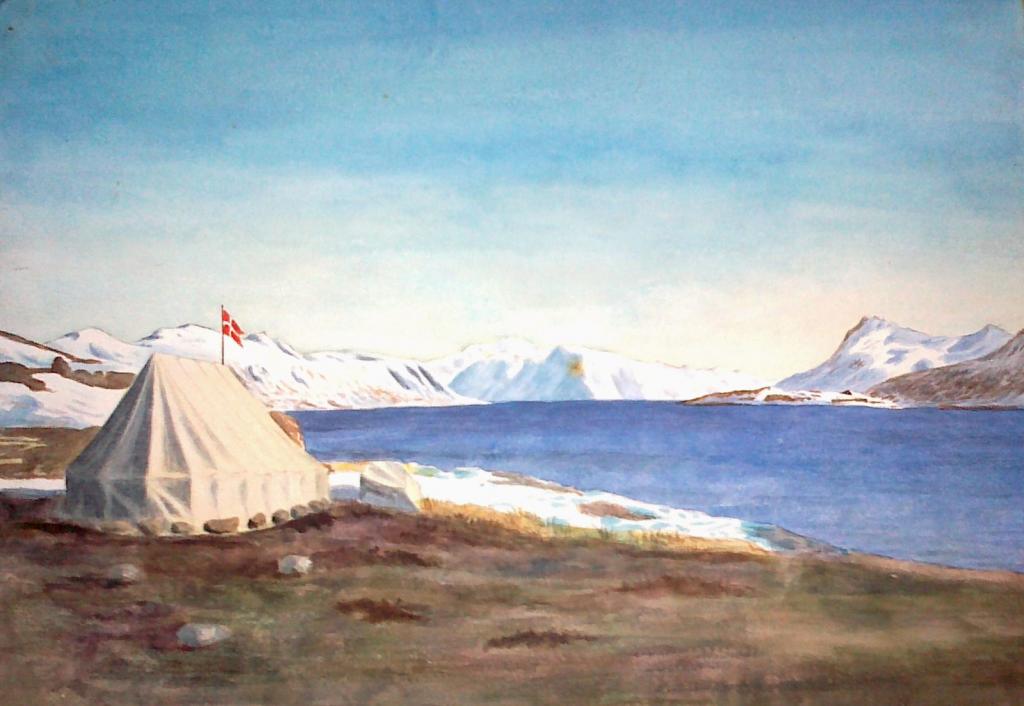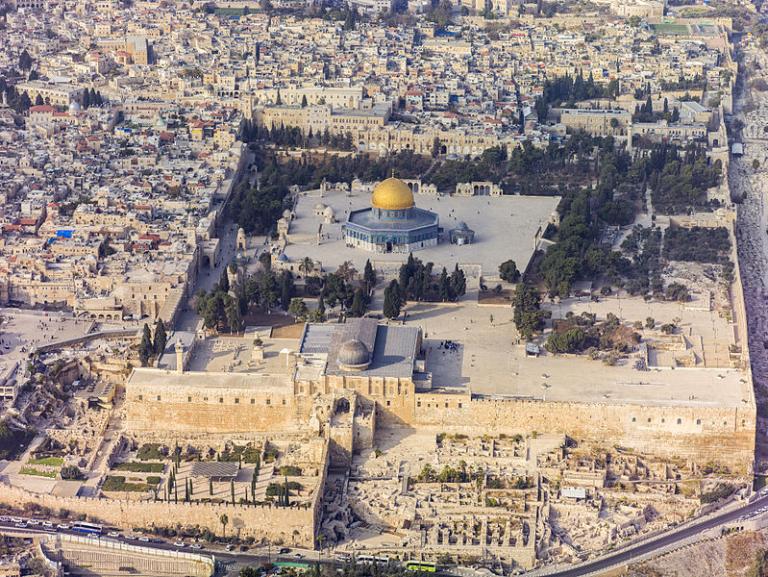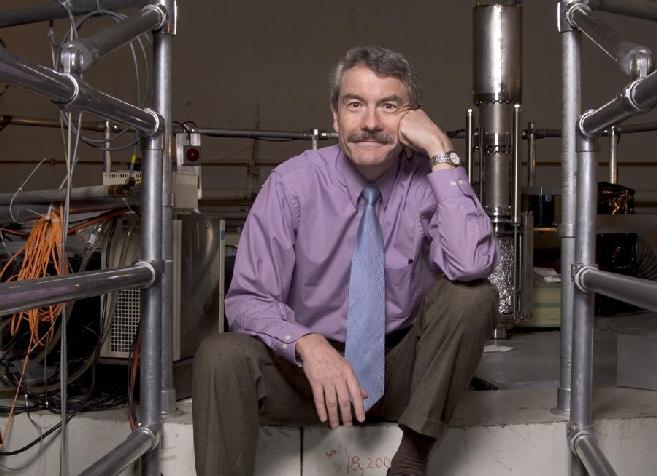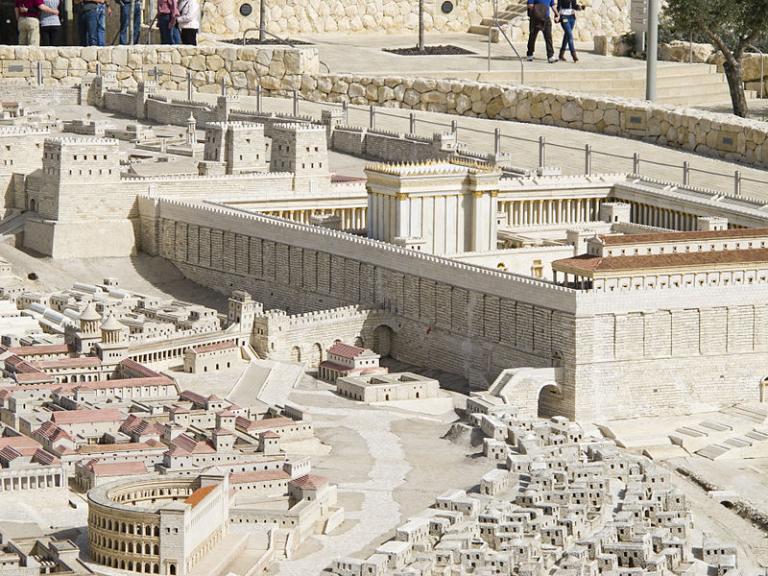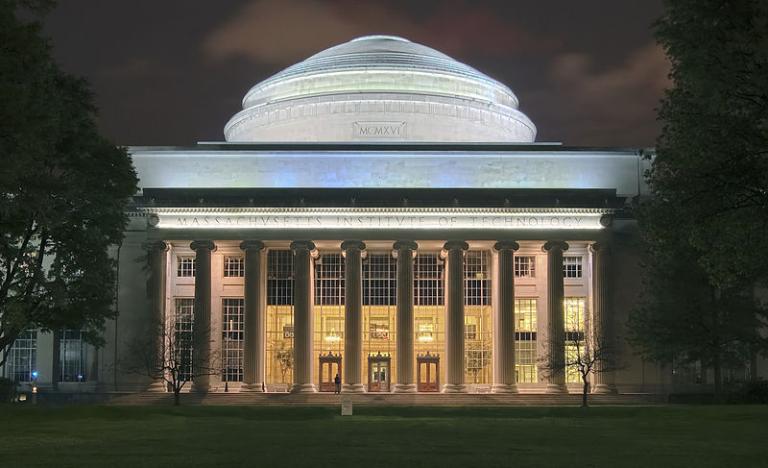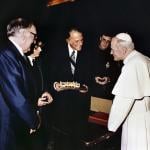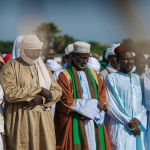It is very simple to reduce things down to the level of mere matter. Even the finest cello concerto is, from one not very interesting perspective, nothing more than the scratching of cat gut on cat gut. Tolstoy’s War and Peace and Anna Karenina are merely blotches of colored liquid on thin sheets made from rag and wood fiber. The reductionist is merely a transient cell colony, and what we refer to as that cell colony’s reductionist point... Read more


